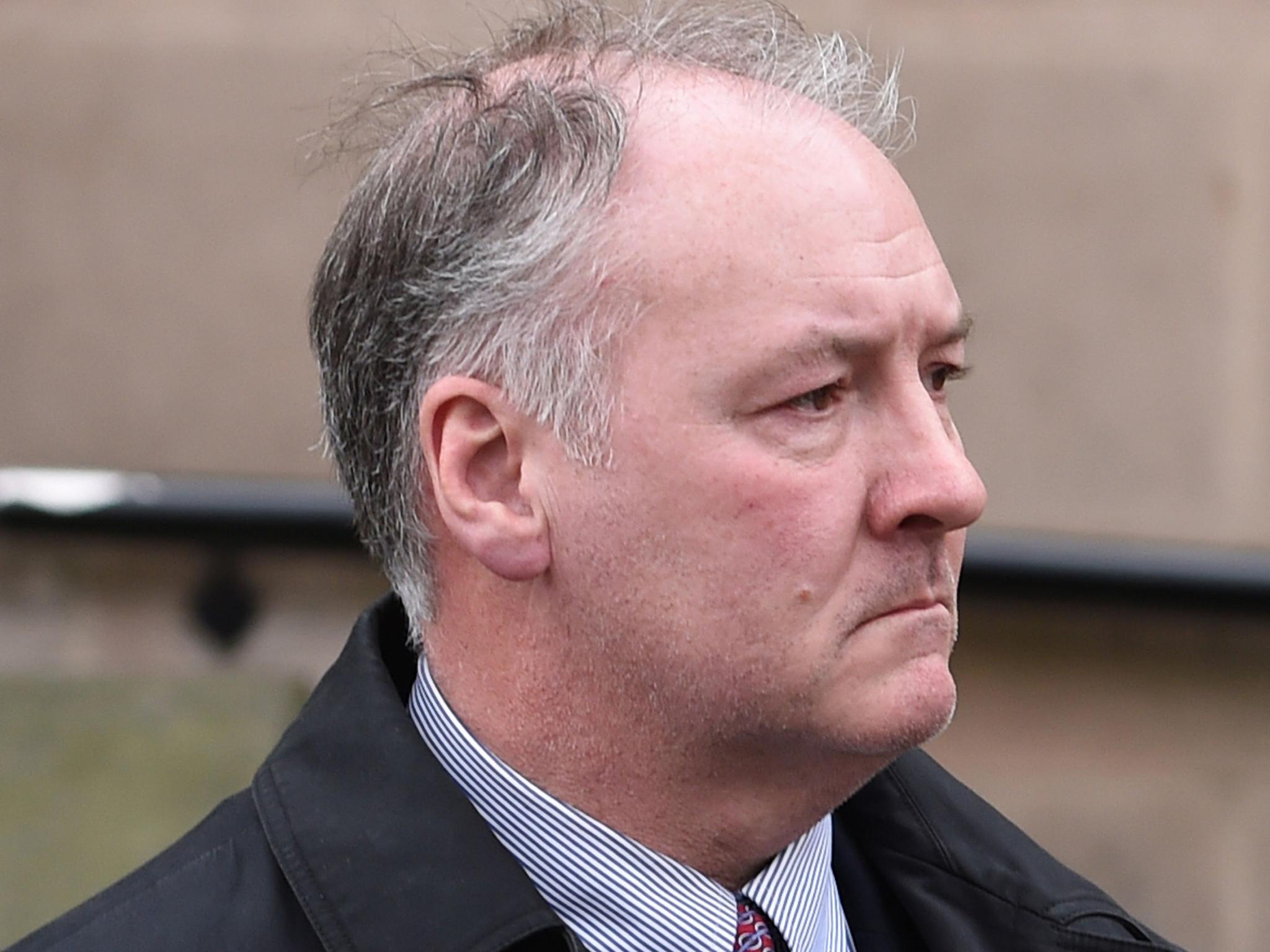Ian Paterson: Coroners to examine ‘systemic failings’ that may have contributed to breast surgeon’s victims’ deaths
Coroners will also look at other clinicians working alongside rogue doctor

Coroners investigating the deaths of patients treated by breast surgeon Ian Paterson will look at whether “systemic failings” in the hospitals or by regulators may have contributed to their deaths.
Opening four inquests today into the deaths of women who died from breast cancer, senior Birmingham coroner Louise Hunt and area coroner Emma Brown said they would also widen their investigation to consider the actions of other clinicians working alongside Ian Paterson.
Paterson was jailed in 2017 on 17 counts of wounding with intent after he carried out unnecessary or dangerous surgery on women in the West Midlands. In some cases he left behind breast tissue in women with diagnosed breast cancer, some of whom went on to later develop secondary cancers and died.
On Friday, the coroners announced they believed there was evidence that former patients of Mr Paterson may have died “unnatural deaths”.
At today’s hearing Ms Hunt said she had reason to believe deaths “may have been caused or contributed to by acts or omissions in the treatment provided by Mr Paterson and potentially by other clinicians involved in the care of the deceased”.
She added: “The inquest will consider the care that was provided by Mr Paterson and other clinicians, but it will also consider whether the death was contributed to by any failings in the supervision of Mr Paterson by his colleagues, management, or corporate governance and this will include considering whether Mr Paterson’s clinical colleagues should have been put on notice that Mr Paterson was treating patients improperly and performing inappropriate procedures, and not informing appropriate authorities.
“Whether there are any systemic failings by hospital management and corporate governance in addressing and responding to concerns raised about Mr Paterson. Any inaction or failure of supervision by regulatory agencies, such as the CQC, the GMC, the Nursing and Midwifery Council.
“Any failings in the culture at the hospital where Mr Paterson worked in addressing preventing substandard medical treatments. And any failings in the recall system of patients. I’m sure that that list will change over time, and probably will become much longer.”
At a remote hearing the coroners separately opened inquests into the deaths of four of Paterson’s patients who died from metastatic breast cancer.
The four women whose inquests were opened and adjourned by coroners today were: Deborah Hynes, who died in October 2013 aged 51 at the Priory Hospital in Edgbaston; Yvonne Cordon, who died, aged 39 in November 2000; Shionagh Gough, who died aged 76 in June 2006 and Marie Pinfield who died in October 2008, aged 50.
They are among 23 cases being investigated by the coroners at the request of West Midlands Police.
The coroners said it was likely the inquests would be held under Article 2 of of the European Convention of Human Rights in recognition that the state may have failed to protect the women. The coroners said they would consider making a formal report calling for action to prevent future deaths.
In February an independent inquiry into the scandal found Paterson had carried out needless operations on more than 1,000 patients while he was working as an NHS and private hospital consultant. He treated more than 6,600 patients at Spire Healthcare between 1998 and 2011 as well as 4,400 NHS patients. The report by former Bishop of Norwich, the Rt Rev Graham James, also revealed he had carried out unnecessary surgery on children.
The report found Patterson was “hiding in plain sight” for years and was able to harm hundreds of women because of a healthcare system that was “dysfunctional at almost every level” and failed to act when warnings were made about his practice.
Join our commenting forum
Join thought-provoking conversations, follow other Independent readers and see their replies
Comments
Bookmark popover
Removed from bookmarks